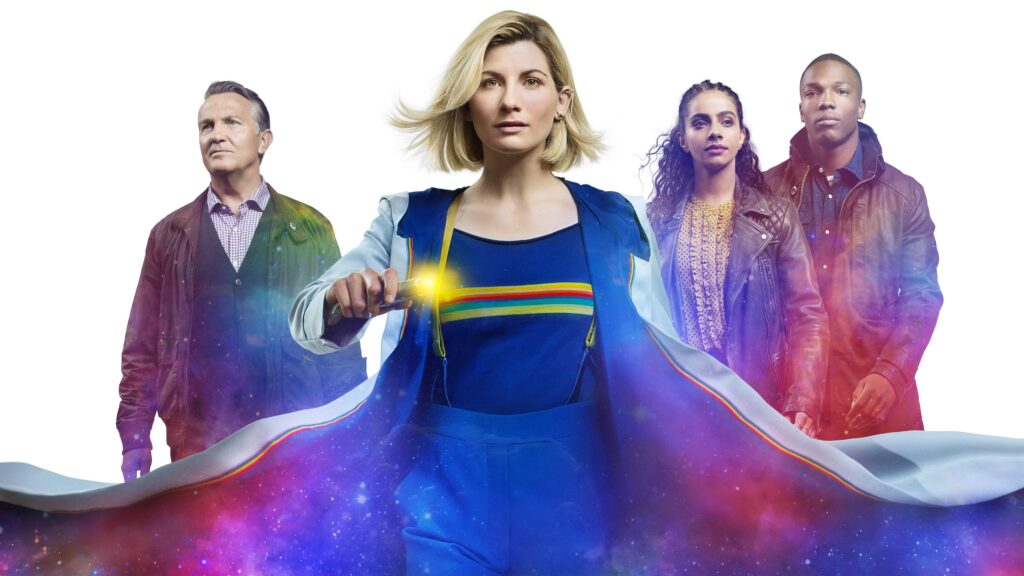As the first female doctor since the non-canon incarnation of Joanna Lumley in ‘The Curse of Fatal Death’, Jodie Whittaker turned 2017 upside down for the Science Fiction community and Whovians across the world, as she was announced as the 13th incarnation of the character.
Not only was this a monumental change for the lead character in the show’s 54-year history at the time, but it became a huge point of discussion for inclusivity and representation of women in leading roles that continues to this day with the inevitable casting of a new James Bond.
Showrunner Chris Chibnall, who had previously written for Doctor Who under his predecessors Russel T Davies and Steven Moffat, seemed to have assembled a well-rounded production team and talented actor in Whittaker whom he’d worked with previously on Broadchurch.

However, as we look back on the Chibnall era spanning almost five years, it is easy to forget the story arcs and characters developed during this period. It would be simple enough to delve back through criticisms of the cardboard cut-out companions of Yaz (Mandip Gill), Graham (Bradley Walsh), Ryan (Tosin Cole) and to some extent Dan (John Bishop), but this path has been well trodden.
What was clear in 2020, after a yearlong hiatus in the show since series 11, was that Chibnall had crumbled under the pressure. Series 12 not only failed as a series of the show but as a platform in which Jodie could flex her acting as the Time Lord. Park Hill Flats of Sheffield, presented like the Powell Estate of London, had not been the centre of a new golden era of the show. Changing the 13th incarnation’s character to more of a shadow of her previous selves right the way through to Series 13.
The actor’s impact on the show wasn’t all negative and hollow though, as she has created a whole new set of fans who look up to her as a powerful and confident female hero. The first canonical female doctor needed the brilliance and direction that was seen from 2005 to 2010, where no doubt she would have shined under show-runner Russel T Davies and executive producer Julie Gardener.
The poor quality seen in the show over the last five years has arguably damaged the show beyond repair but has done more damage to the possibility of seeing another female in the role. However, this is not an impossibility, as glimpses of well-characterised females in the lead roles have been seen in Jo Martin’s Fugitive Doctor in this era and in Michelle Gomez’s Missy introduced as the nemesis to the 12th Doctor.
Nowhere can this Doctor’s flaws be seen more clearly than in the 15-second appearance of David Tennant in the closing moments of ‘The Power of The Doctor’, with reactions to iconic call-backs like “I know these teeth” and “what?!” being something I cannot imagine we will see if Jodie ever decides to return to the role in a special episode.
This is a key component of what her incarnation lacked, with the best that Chibnall came up with being the cringy referral to her companions as the “Fam” or the sparingly used “Brilliant”. Which in essence was a weaker version of Christopher Ecclestone’s “Fantastic”. Sadly, for the longest time, I’ve wanted to say Allons-y out of this era and now that it has happened it’s clear that I won’t be revisiting it any time soon.




